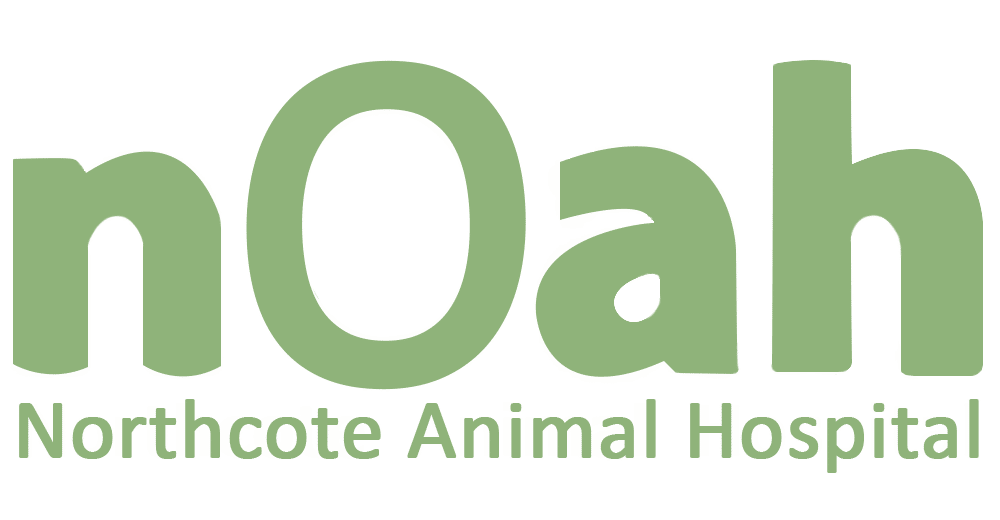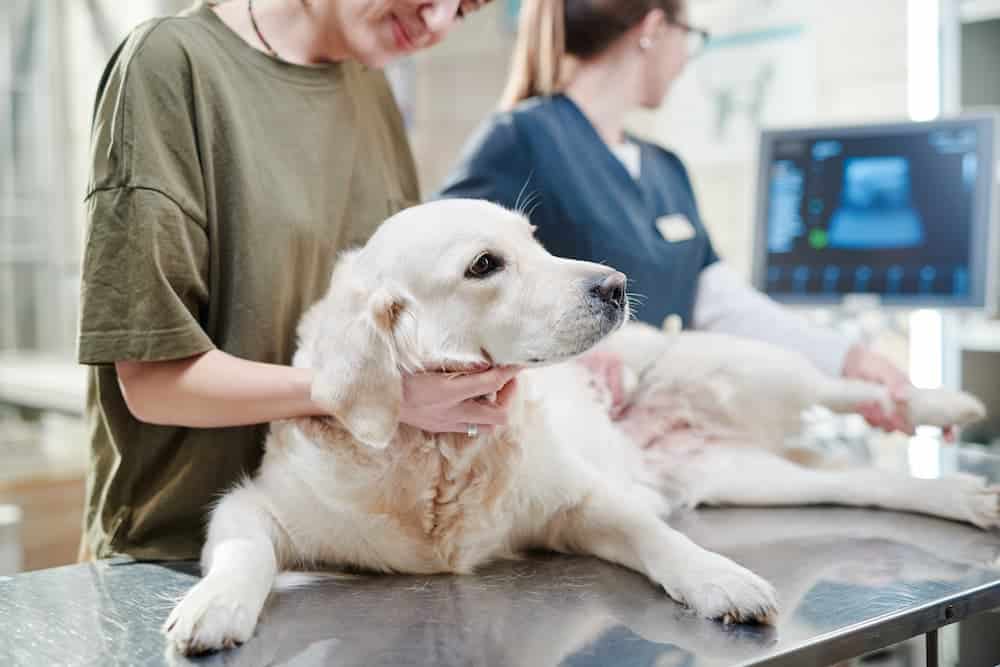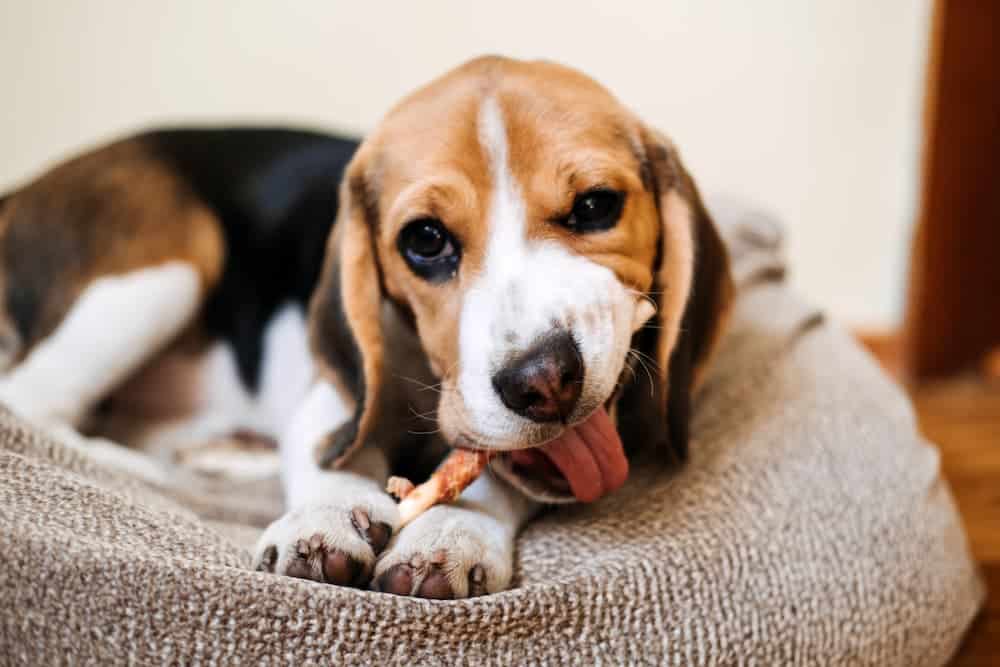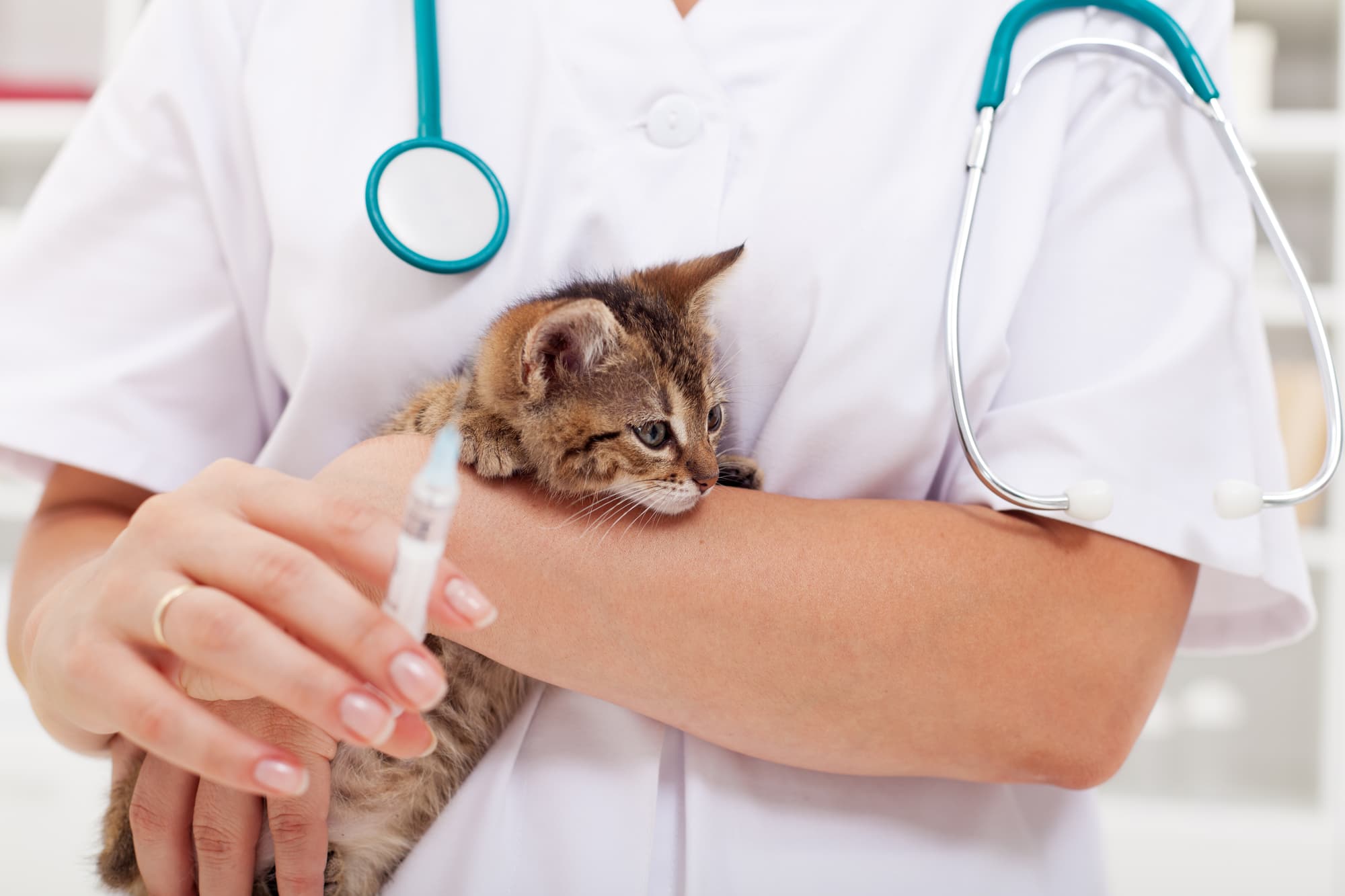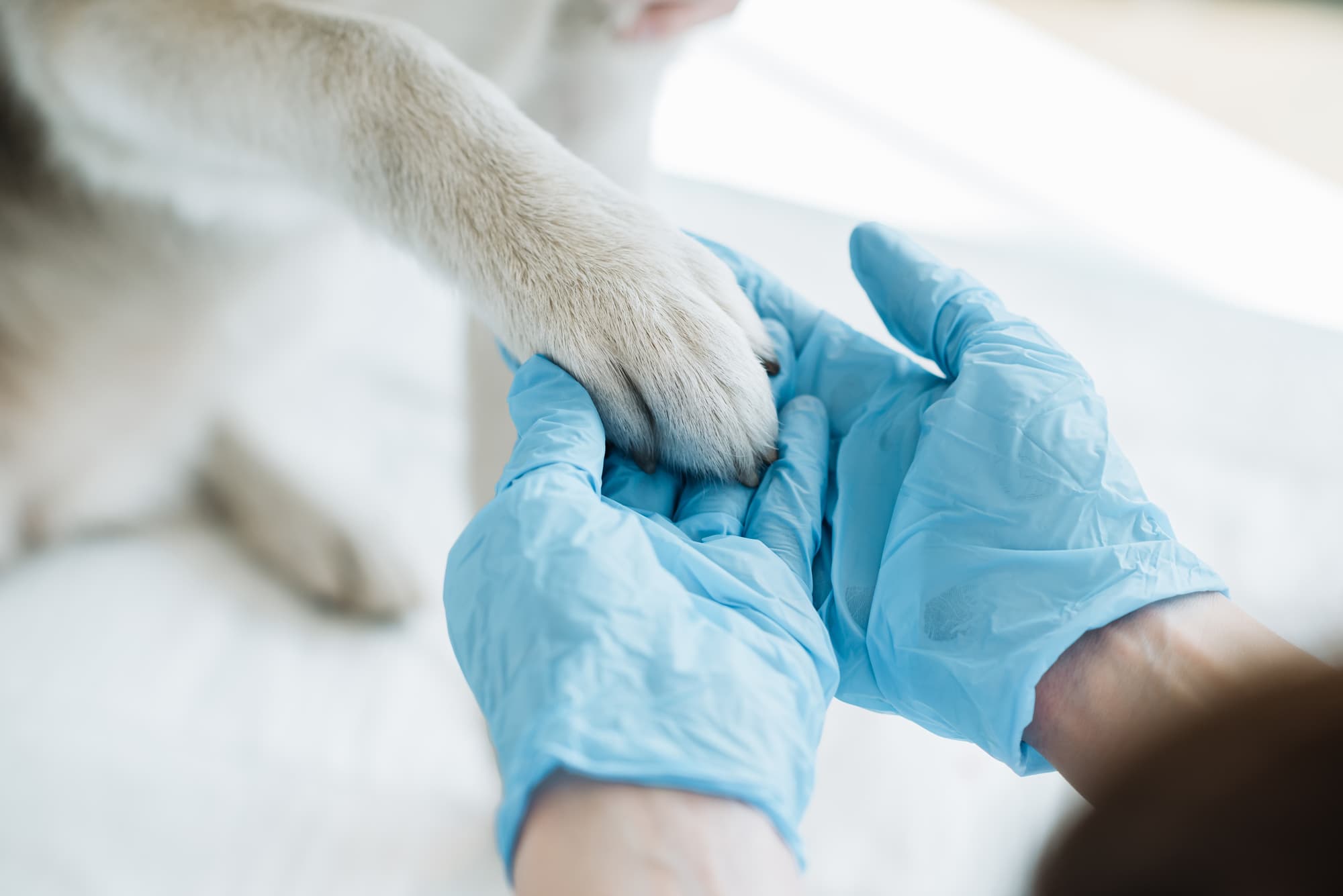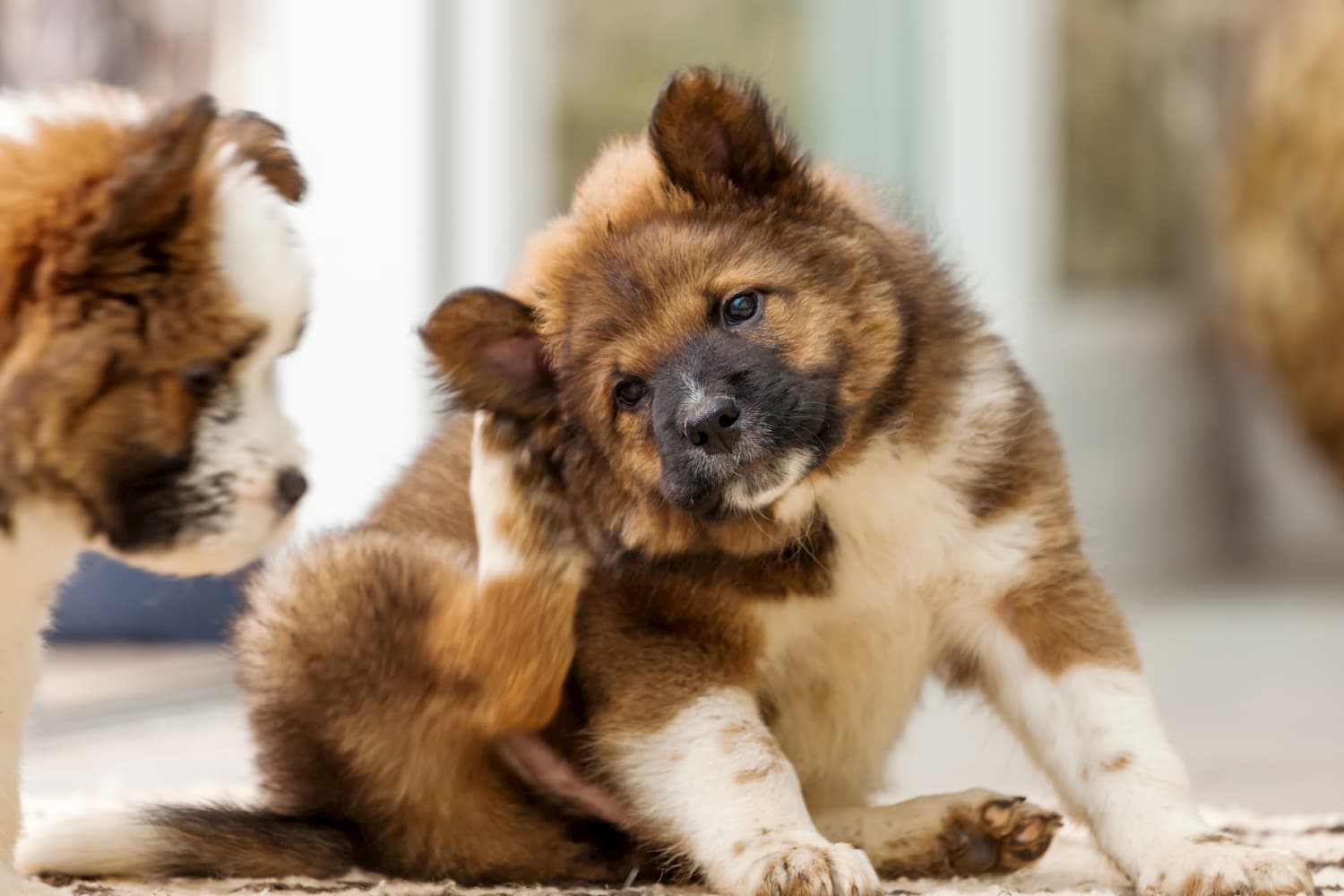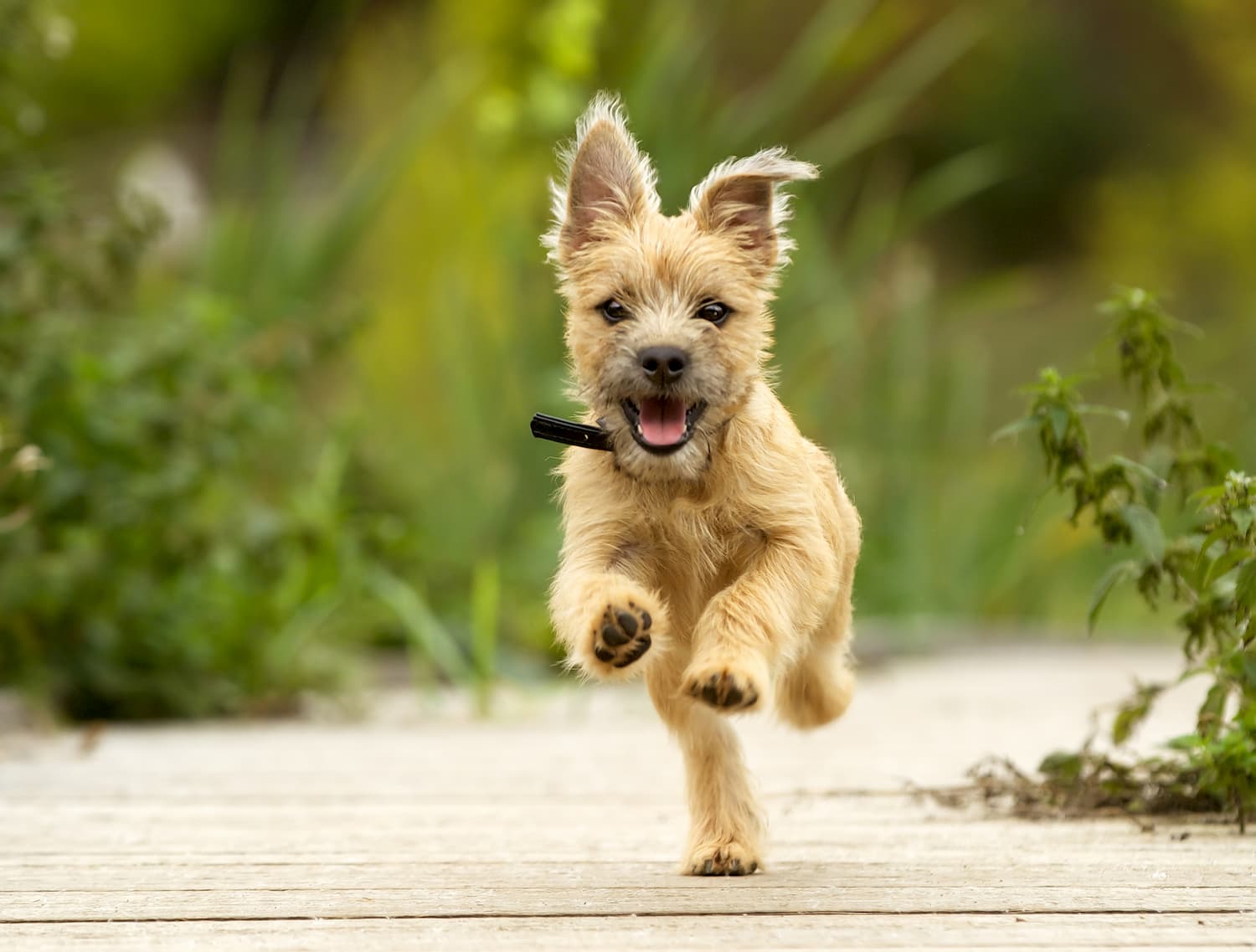Socialisation and desensitisation are both very important steps in the growth and development of your puppy. Providing plenty of opportunities for desensitisation, socialisation and exposure to different environments, while your puppy is still young, can help to ensure your puppy grows into a well-adjusted adult dog, and that it relates well to other dogs, animals and people.
Socialisation
Your pet’s socialisation is training that occurs over their entire life. The crucial period where pets develop basic social skills is the first 3-16 weeks of age. This is when puppies learn all the important social cues and body language necessary for any dog’s survival. The way in which puppies experience these first weeks of life is critical, as it can mould their future behaviour as a puppy and adult dog. We believe that the key to your little pup growing into a well-adjusted dog is to provide it with endless opportunities to socialise with other dogs and human beings.
Puppy School
Puppy school is one of the best ways to introduce your puppy to the big wide world, in a safe, controlled and positive environment. Generally, we suggest that your puppy should be brought to puppy school between the ages of eight and sixteen weeks.
Pushy Dogs
Dogs are usually pack animals, and it is normal that they initially develop a certain understanding of social hierarchies. This is especially relevant, as their first association is with the other puppies of their litter. This could mean that your puppy has initially developed a more dominant personality. If you find that your puppy is looking at other dogs with its tail and ears up, a direct stare, and an aligned forward stance, then it is likely your puppy might be a little bit pushy. Do not worry, this is not a big problem at all, it just means that your puppy might have a bit more difficulty reading other dogs’ body language and social signals.
If you find your puppy displaying this kind of behaviour, give it a time-out by putting it on a leash or removing it from the park. Then, once your puppy calms down and starts behaving normally, remove the leash or bring it back into the park.
Approaching New People
As your puppy starts exploring the world, it will need to start learning how to properly meet people of all ages and abilities. Dogs often react aggressively to people because people are doing something that stresses the dog out. If you have young kids, or are introducing your puppy to all your friends and family members, make sure they do not stand over your puppy, grab at it, squeal, shout loudly or look at it in the eye. These are all gestures that might frighten your puppy
When meeting new people, let your puppy approach them at its own pace, if, and when, they want to. It is important to gently and gradually expose your puppy to different kinds of people, including people of different ages, genders, ethnicities and abilities. If it is helpful, you could also try associating new people with positive smells or sounds, like the smell of bacon.
Meeting Other Animals
The main thing to remember, when introducing your puppy to other animals, is to make sure that the other animals are friendly and tolerant towards dogs. For example, we usually advise keeping your puppy away from cats that may be encountered on the street.
Reward your dog with treats when they show good behaviour. This type of reward action is a way of teaching your dog to continue to act in that way. Remember, if your puppy is becoming pushy, or even just a bit over excited at the prospect of making new friends, redirect it.
Desensitisation
When a dog is sensitive to something, it means that it will observe or respond to slight changes, signals or influences, very quickly. When a dog is over-sensitive to a certain stimulus it might react with inappropriate fear or aggression, and desensitisation is a method to decrease this sensitivity.
Desensitisation essentially works by gradually and gently exposing your dog to small and controlled levels of the stimulus that they are aggressive towards or fearful of. As a result of desensitisation, dogs usually learn to control their reactions and improve their behaviour, when re-introduced to the stimulus.
Scared Dogs
Some puppies are more scared, in social situations, than other dogs. Maybe they have had a bad previous experience, or are simply overwhelmed by all the potential new friends. No matter the reason, exposing your puppy to relaxed, friendly dogs, one by one, is a method of desensitisation that will work to integrate your puppy into social situations.
You can also use positive reinforcement to treat your puppy after their exposure to potentially sensitive or anxiety-inducing stimuli. This type of treatment ensures that they are reminded of positive things when they meet other dogs throughout their life.
Further Information
Socialisation and desensitisation are key factors in ensuring your puppy grows up to be a healthy and well-adjusted adult dog. Learn more about preparing your dog for puppy school.
